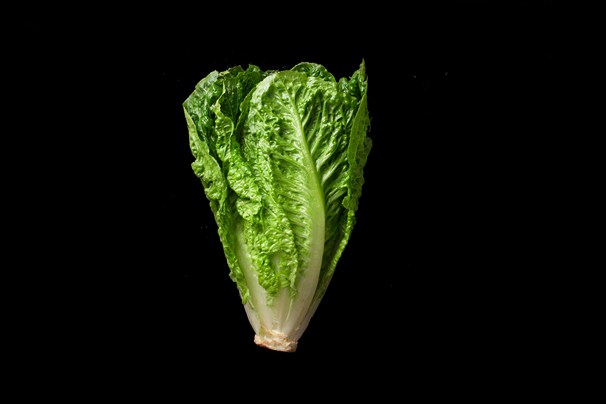Lettuce and Sleep
Jan 21, 2024 By Nancy Miller
A review paper published in 2014 in the journal Current Signal Transduction Therapy revealed that lettuce might have hypnotic effects that induce sleep. The ingredient known as lactucarium, found in lettuce, is known to induce sleepiness. Dr. Winter said that it had some soothing qualities and a structure comparable to that of opium.
If you look closely at the stem end of some types of lettuce, you may see lactucarium there. Dr. Winter described the material as having a milky consistency. "You can produce this chemical by taking a large quantity of lettuce and boiling it down."
According to the findings of a study published in the journal Food Science and Biotechnology in 2017, lactucin, the primary active ingredient in lactucarium, may be found in greater proportions in green romaine lettuce than in green and red lettuce varietals.
In addition, a review conducted in 2022 and published in the journal Rev Bras Ginecol Obstet discovered that lettuce seeds might enhance the quality of sleep experienced by pregnant women.
Lettuce Water and Sleep
The preparation of lettuce water may not necessarily adhere to a predetermined formula, but the overarching goal is to create a liquid with lettuce as its primary component. According to the findings of a study published in the Journal of Complementary and Integrative Medicine in 2021, breast cancer patients who took lettuce seed syrup improved their sleep quality.
Even though lactucarium, found in lettuce, is what causes sleepiness, according to Dr. Winter, you would need to soak a "tremendous" quantity of lettuce to experience the full effects of the lactucarium. According to Dr. Winter, the quantity of lactucarium you receive from 4 to 5 lettuce leaves is probably not enough to have much effect. However, warmth from water itself may assist in making you asleep, and Dr. Winter noted that a good placebo effect might also be at play here.
Dr. Winter recommended that those with insomnia try drinking tea infused with chamomile and/or valerian. If you are interested in giving a warm beverage a shot to treat their condition.
However, according to Dr. Winter, it is not a problem if you want to experiment with drinking lettuce water. Dr. Winter quickly stressed that adding lettuce to your tea would not in any way be hazardous to your health.

If I Follow the Current Trend of Drinking Lettuce Water, Will I Put My Health at Risk Any Way?
According to Newgent, there is no risk associated with consuming water made from consuming lettuce. However, if you're doing it because you think it will help you sleep, you need to pay attention to the amount. It's a liquid! "Drinking too much liquid shortly before bedtime might actually induce interrupted sleep because you may need to make a trip or two to the toilet in the middle of the night," adds Newgent. "This may lead you to wake up feeling more tired than when you went to bed."
Also, ensure you wash your lettuce before using it to make a hot beverage. According to Newgent, you should wash lettuce well before using it in a salad and do the same to make a hot drink.
Should I Give It a Shot?

Dr. Breus has a hunch that the placebo effect is to blame for the folks in the viral videos which claim that drinking lettuce water made them fall asleep. According to Newgent, there are better and effective natural choices for sleep than drinking lettuce water created with only handful of leaves. This fad won't damage you if you try it, but there are better and effective natural solutions.
St. Onge says, "I would much rather have people eat lettuce than drink boiling water that comes from it." Drinking water won't give you the vitamins and minerals that may be found in whole lettuce leaves.
According to Newgent, eating handful of sour cherries is a better food-focused alternative for peaceful night's sleep than drinking that mugful of lettuce water. Researchers found melatonin in tart cherries and linked it to better sleep quality and duration.







